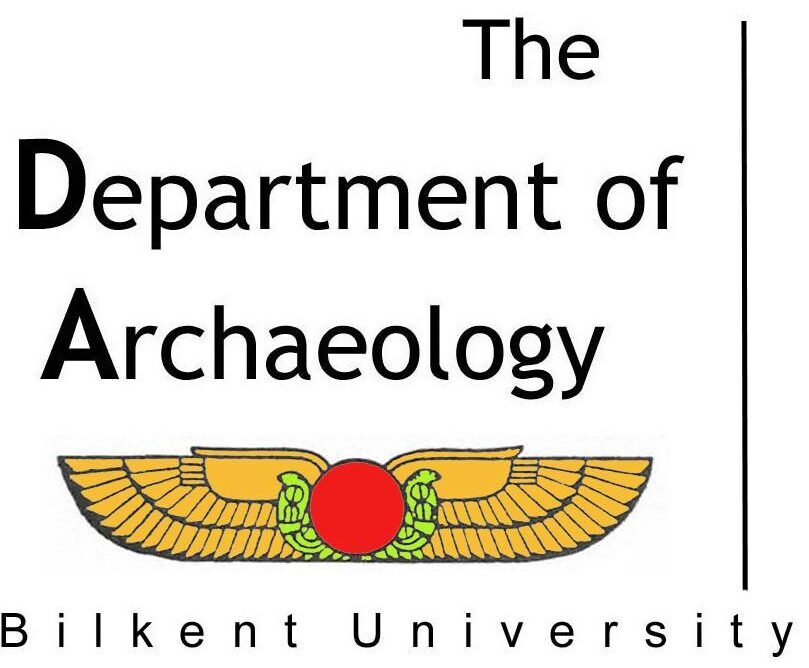Entrepreneur, CEO
I am an entrepreneur, in technology companies, both of them functional now. One is global and has business in North America and the UK. The second is a digital media company, one of the largest of its kind in Turkey. An entrepreneur starts things, but I also eventually became a CEO, which requires leadership and managerial skills. The global company built one of the largest domain name portfolios in the world. The digital media company creates audiences, licenses content, and matches audiences with content to create what we call engagement, and we try to sell to advertisers, such as Coca Cola, Turkcell, Garanti. I am also a full-time father of twins.
Except in excavations as a student, I never worked professionally as an archaeologist. Right after university, I became an entrepreneur.
I came to Bilkent often, and I always tell this story. When I was an undergraduate here, there was not widespread Internet. We came to the Rector’s Building, and we would download stuff to our floppy disks. The building was locked at 8pm, so we would stay all night. There was only Netscape. Dr. Jacques Morin gave us a digital term paper – actually, I chose to do this, collecting references to archaeological web sites. At the time, there were only about 1000 of these. I turned all of this into a web site, called archaeology on the net. It was so much fun. The trick: at Bilkent Archaeology, I had an understanding of many areas, not just one area of archaeology. I started putting Amazon.com links, and whenever people bought book on Amazon I was able to make money, through affiliate marketing, and I discovered that making money is more fun than a career in archaeology. I thought, if this can be done by a student, without a home computer, then I should look into this more. And, I was really enjoying it. I was curious about the Internet and archaeology, and both let me create something, which resulted in my pursuing a career in finances.
I think this is the most undervalued aspect of being a student in social sciences. We learned how to build and understand context. Later, I understood that context is the most important thing in communication and business. Without context, there is no execution or results. And building context is only possible by studying horizontal disciplines, and getting your education from well-disciplined, perfectionist instructors. I was always asked to deliver things within a context. It’s like developing your brain to a different level. For example, I learned that architecture is part of culture, and if you do not understand culture, you do not understand the architecture. So, you cannot execute. In an excavation, you also need to understand the context as a whole. Business is the same. If you understand the context, you can execute, strategically think and deliver results. The second thing, all of my instructors were asking for perfection. They had no mercy, including all my supervisors at the excavation. I think it is because in archaeology there is no turning back. Or, maybe I was just lucky. But, all of my professors were asking for perfection, and they wanted us to be resilient. They demanded from us our best. Business life is the same, about being resilient and understanding the context. Of course, you learn lots of things from practicing business, but without this foundation, it would have been much harder. I did not realize this as a student. I originally wanted to study archaeology in the US, but that did not work out. But, still, the background in archaeology at Bilkent helped me tremendously.
I had really good friends with whom I am still in contact. I had really good instructors for whom I have huge respect, because of both their knowledge and attitudes. Personally, I was eager to learn whatever I was asked to learn. To this day, I still think that I will talk to both Drs. Marie-Henriette and Charles Gates, to figure out how to take more courses, come back, and attend classes. But, so far, I have not been able to do that.
What I recommend to high school students is that they should go to Bilkent. Most of the team members at my company is from Bilkent. The university’s graduates have a better understanding of self-awareness. While they are spoiled, they are less spoiled than students from many other universities in Turkey.
